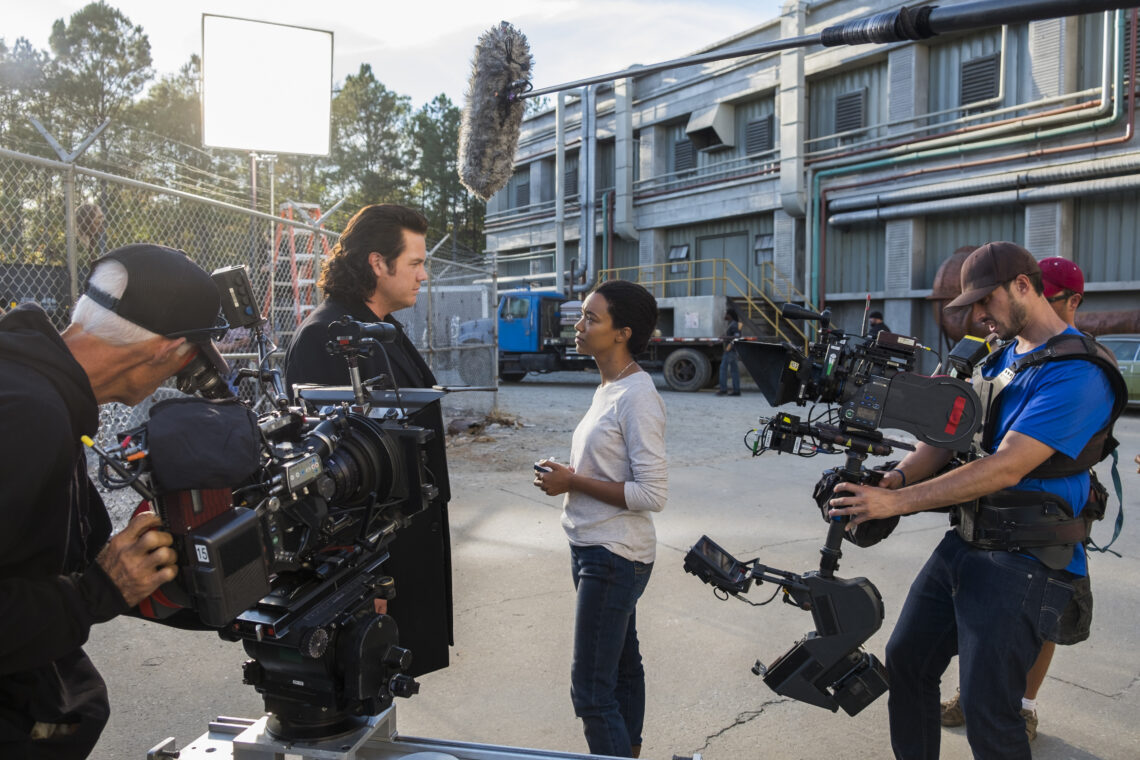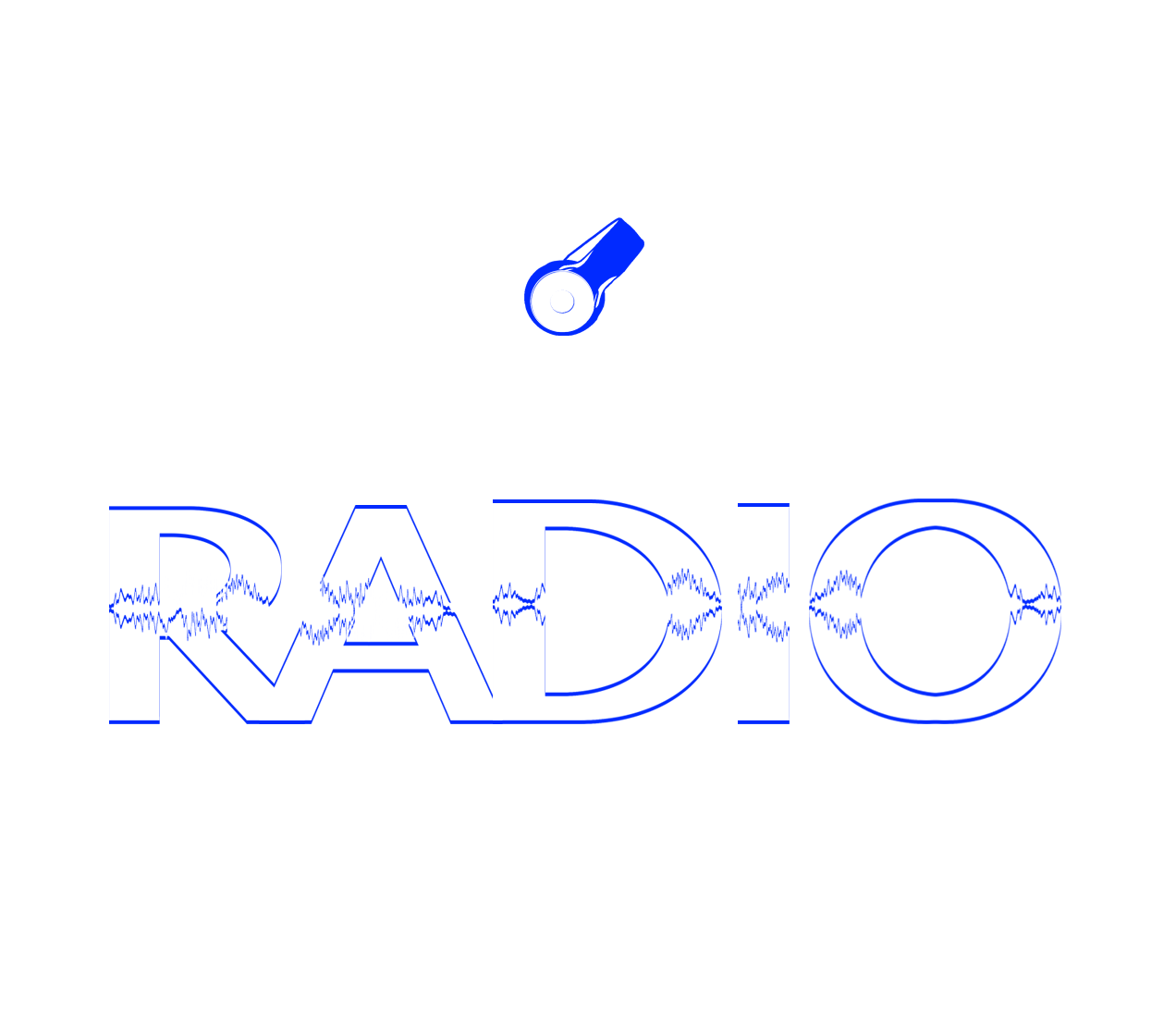Some call Atlanta the Hollywood of the south. We have Trilith Studios which is known for its
Marvel filmmaking. Overall, there’s a place for films here, so it’s no surprise West Georgia has
filmmaking programs. Whether you’re considering the program or part of it, a freshman or just new
to the university’s film programs, here are some helpful tips to keep in mind.
1.) Equipment Pool in Anthro
If you take film courses, you’re going to have to borrow equipment from the Mass Communications
pool in the Anthropology building. Be sure to keep a watch on scheduling and times.
Rent equipment when you have a plan to use it, don’t forget to charge your stuff before
use, and make sure you bring it back on time. You don’t want to lose rental privileges,
it would be a major setback and could negatively impact your grade.
I suggest making friends with your classmates. You’ll need help for a lot of projects or, if
nothing else, you’ll need someone to film. Keep this in mind and don’t be afraid to
exchange numbers or start threads on platforms like GroupMe. Helping someone else
on their project might make them more likely to help with yours down the road.
2.) WOLF RADIO
UWG’s radio station is a great place to get experience. It’s better to start early if you’re interested, but entrance is available to upperclassmen as well.
It’s a great way to plug into the school, there are tons of opportunities, including paid
positions and it’s also a great way to network and get hands-on experience with real
equipment. If you aren’t interested in radio alone, we also have podcasts, shows and writers. Odds are, if you have an industry interest at any level, there’s some way you can get experience for your resume and your own edification on WOLF RADIO.
WOLF RADIO website:
https://thewolfuwg.com/
3.) Interdisciplinary
I’m an interdisciplinary student myself, so I have a strong bias to support this course of
study. Being interdisciplinary can make you very well-rounded and give you an
edge. For example, you may want to focus on how film and other disciplines like
psychology, sociology, art, or political science speak to each other and work together. Integrating them
can present unique insights that forge special skills, which will make
you valuable to employers later. In my case, I chose two areas of filmmaking to focus
on: screenwriting and critical studies. I’d recommend asking your advisor about looking
into the program!
5.) Georgia Film Academy
My personal interests are in pre and post production. I did the Georgia Film Academy which
focuses on production and it was invaluable. Not only does this count for credit hours,
but you get hands-on experience in real film studios with real filmmakers and industry
professionals, which can lead to internship opportunities.
On-set production is not just holding a camera. There are other aspects like gaffing,
sound, lighting, and art department aspects like makeup, set design, and
costuming. There are also other parts like being a production assistant, which is a great
way to network on set.
This is a fast-paced environment, but it’s great to get a feel for the industry. I learned a
lot of film language when I took this course, which made my future film courses
easier because I’d already been exposed to real-life applications.
https://www.westga.edu/academics/scfm/georgia-film-academy-certification/index.php
Photo Credits: Gene Page/AMC










